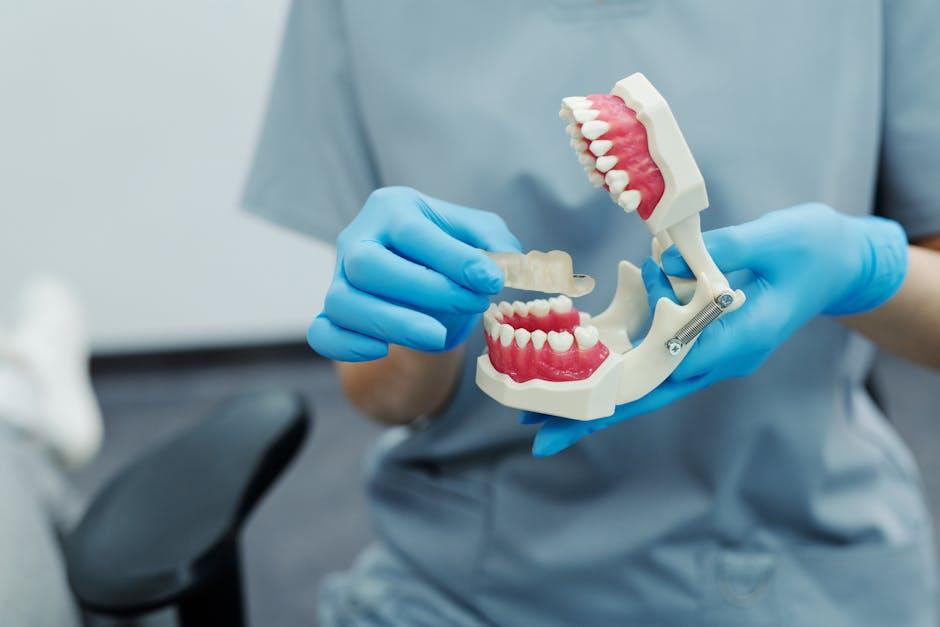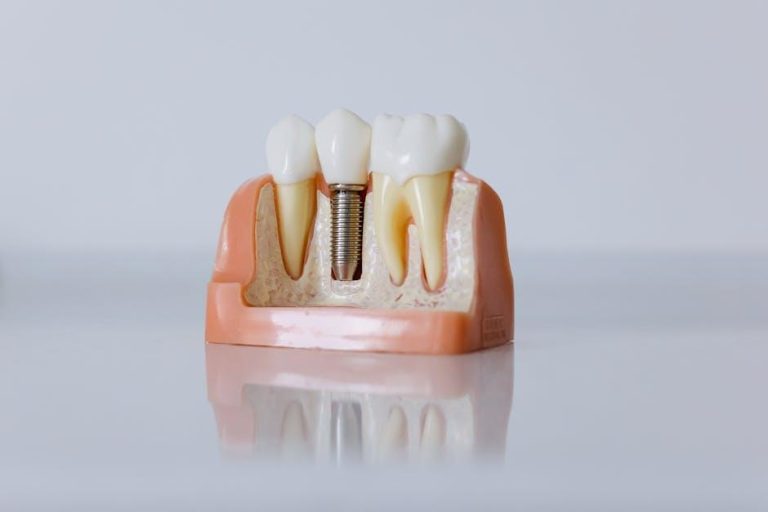
U.K. Dental Group: Foreign-Trained Dentists Should Work in Clinics, Not McDonald’s
The United Kingdom’s dental industry faces a significant challenge—maximizing the talents of highly skilled foreign-trained dentists who often find themselves underemployed or working outside their field. A prominent dental group in the U.K. has recently made headlines by stating that these dental professionals should be empowered to work within dental clinics rather than roles unrelated to their expertise, such as fast-food chains like McDonald’s. This article dives deep into the reasons behind this stance, the current state of foreign-trained dentists in the U.K., and practical tips for integration into the dental workforce.
The Current Landscape of Foreign-Trained Dentists in the U.K.
Many dentists trained overseas come to the U.K. seeking better career opportunities, advanced training, or to address the shortage of qualified dental professionals. However, the transition to practicing dentistry in the U.K. isn’t always straightforward due to:
- Registration Barriers: Strict regulatory requirements for registration with the General Dental Council (GDC).
- Qualification Recognition: Challenges in getting foreign dental degrees recognized without additional exams.
- Language and Communication: The need for proficiency in English and adapting to different patient communication styles.
- Employment Gaps: Many struggle to find clinical positions and sometimes resort to unrelated jobs.
Why Should Foreign-Trained Dentists Work in Clinics, Not in McDonald’s?
Leading U.K. dental groups advocate that foreign-trained dentists should be employed in dental clinics where their skills can be fully utilized. Reasons include:
- Optimizing Skills: Dentists bring valuable expertise that benefits patients and the healthcare system when allowed to practice.
- Addressing Workforce Shortages: The U.K. is experiencing dental workforce shortages, especially in underserved areas.
- Improving Oral Health Outcomes: More practicing dentists in rightful roles lead to improved patient access and care quality.
- Supporting Professional Growth: Working in dental clinics enables continuous professional development aligned with healthcare standards.
Challenges Foreign-Trained Dentists Face Before Practicing in the UK
Despite the positive impact, several obstacles remain:
1. Registration and Licensing
The General Dental Council (GDC) mandates that overseas dentists pass the Overseas Registration Exam (ORE) or equivalent assessments to practice.
2. Financial and Time Investment
Preparing for registration exams often requires considerable investment, both in time and money.
3. Limited Clinical Opportunities
Finding supervised training or associate dentist roles can be competitive, especially in metropolitan areas.
4. Cultural Adaptation
Understanding the U.K.’s patient care expectations, health and safety protocols, and communication norms takes adjustment.
Benefits of Employing Foreign-Trained Dentists in U.K. Clinics
Integrating foreign-trained dentists into the U.K. clinical workforce brings multiple benefits:
| Benefit | Explanation |
|---|---|
| Diverse Expertise | Brings varied clinical techniques and experience from worldwide practices. |
| Relieving Workforce Pressure | Helps fill gaps in underserved regions improving care access. |
| Patient Satisfaction | Enhanced care quality and cultural competence often improves patient trust. |
| Innovation | Fresh insights can lead to adoption of new treatment methods and preventive care. |
Practical Tips for Foreign-Trained Dentists to Transition Into U.K. Clinics
- Understand Registration Requirements: Visit the GDC website to learn exam criteria and timelines.
- Invest in Preparation Courses: Join ORE preparation courses for exam success.
- Gain U.K. Clinical Experience: Try shadowing or volunteering in dental clinics to familiarize with local protocols.
- Enhance Language Skills: Pursue English language certification programs if required.
- Network Actively: Attend dental conferences, join professional groups or online forums for job leads and mentorship.
- Stay Updated: Keep abreast of U.K. dental regulations, community health priorities, and continuing education opportunities.
First-Hand Experience: A Case Study
Dr. Maria Gomez, originally from Spain, shares her journey:
“When I moved to the U.K., I initially worked part-time in hospitality to support myself while preparing for the ORE. It was challenging balancing both jobs. However, after passing the exams, I secured a dental assistant role and gradually moved up as an associate dentist. Today, I feel privileged to contribute directly to patient care rather than working outside my profession. I encourage other overseas dentists not to lose hope; perseverance and support make all the difference.”
Conclusion
Foreign-trained dentists are a vital asset to the U.K.’s oral health system. Their skills and dedication should be leveraged within dental clinics, not underutilized in unrelated industries like McDonald’s. By addressing the barriers to registration and employment, the U.K. can better support these professionals, improve dental care accessibility, and ultimately enhance oral health outcomes across the country. Stakeholders including policymakers, dental groups, and clinical employers must collaborate to create more inclusive pathways, empowering foreign-trained dentists to thrive in their rightful roles.
If you’re a foreign-trained dental professional aspiring to practice in the U.K., stay informed, prepare diligently, and connect with local dental communities. Your expertise is needed—and the future of U.K. dentistry depends on a diverse and skilled workforce.


